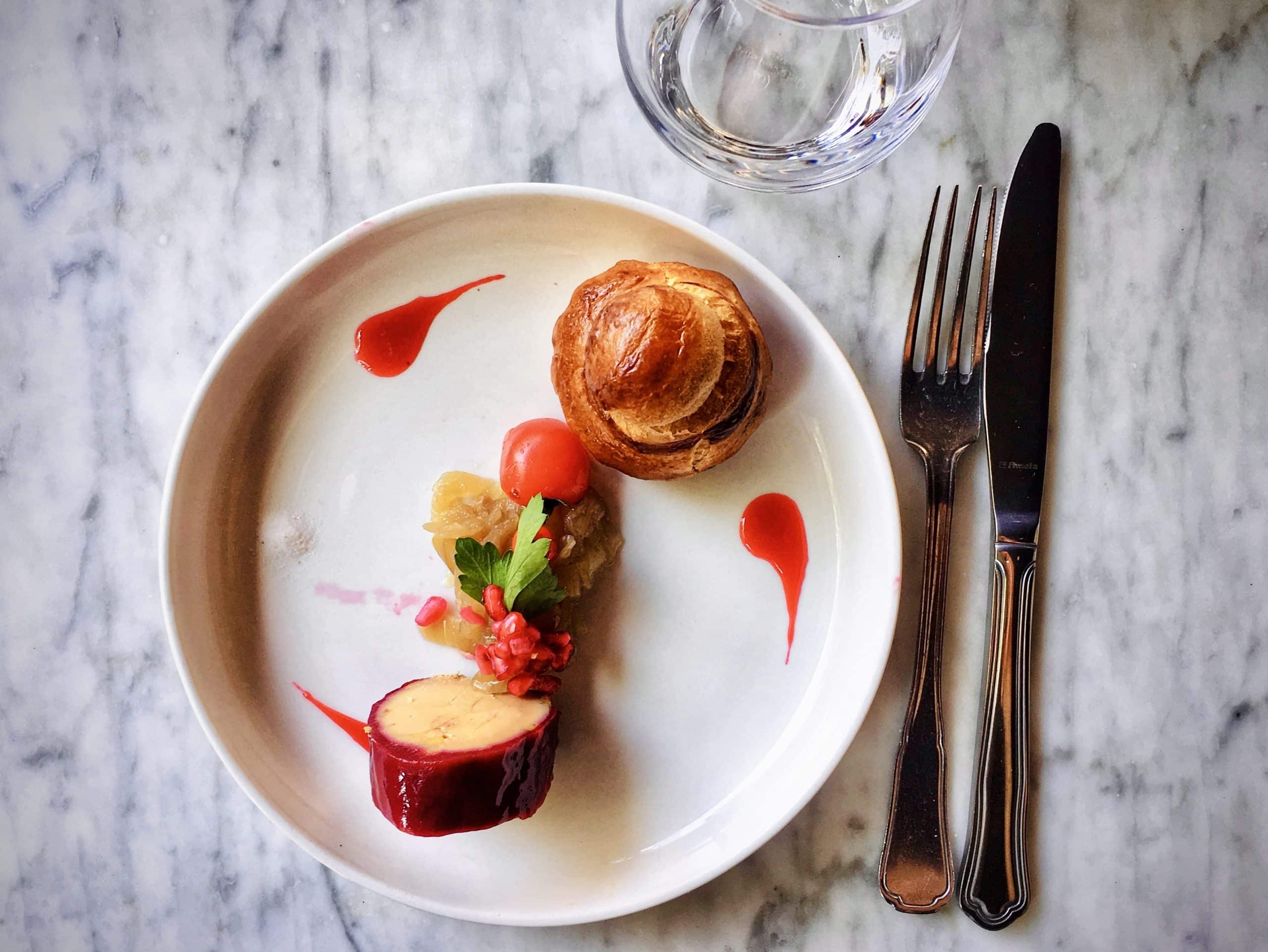How Can UK Specialty Chefs Use Online Platforms to Teach Exclusive Cooking Classes?

The culinary landscape in the UK is as diverse as it is rich, with a multitude of skilled chefs boasting unique styles, recipes, and cooking techniques. With the advent of online platforms, these chefs now have an excellent opportunity to share their craft beyond the brick-and-mortar of restaurants and cooking schools. This article will detail how UK specialty chefs can leverage online platforms to teach exclusive cooking classes, thereby reaching a broader audience while imparting invaluable culinary skills.
Harnessing the Power of Online Classes
Teaching online cooking classes can seem daunting at first, especially for those used to the hustle and bustle of a physical kitchen. However, modern technology has made it easier than ever to transition to a virtual environment.
A lire en complément : What Are the Key Factors Influencing the Adoption of Electric Trucks in UK Logistics?
Online classes offer greater flexibility, allowing chefs to conduct classes at a time and pace that suits them. In addition, they can reach a global audience, extending the reach of their culinary expertise beyond their local community.
For chefs who are new to online teaching, it’s important to choose a platform that’s user-friendly and capable of delivering high-quality audio and video. Platforms like Zoom, Google Meet, and Skype are popular choices, while more specialised platforms like MasterClass offer tools tailored specifically for online courses.
Cela peut vous intéresser : What Are the Prospects for British Biotech SMEs in Personalized Medicine Innovations?
Selecting the Right Ingredients for Success
The heart and soul of any cooking class lies in the ingredients used. Specialty chefs have a unique opportunity to introduce their students to a world of new flavours and ingredients.
When planning a course, ensure that the recipes chosen reflect the chef’s unique style and expertise. This could be anything from traditional British fare to exotic international cuisines. It’s important to remember, however, that the ingredients used should be readily available or easily substitutable. The last thing a student wants is to sign up for a class and not be able to follow along because they can’t find a particular ingredient.
Nurturing Culinary Skills Through Engaging Content
Once the platform and recipes have been chosen, the next step is to create engaging content that will attract and retain students. This goes beyond just sharing recipes; it’s about creating a holistic culinary experience.
One effective approach is to incorporate storytelling into the lessons. Chefs can share stories about their culinary journey, the history of a dish, or the cultural significance of certain ingredients. This not only makes the class more engaging, but also provides students with a deeper understanding and appreciation of the food they are learning to cook.
Another important aspect is to ensure that the classes cater to varying skill levels. Include a mix of basic, intermediate, and advanced recipes to cater to a wider audience. Finally, encourage interaction and engagement by hosting live Q&A sessions, conducting polls, and providing feedback on students’ work.
The Recipe for a Successful Online Cooking Class
The final piece of the puzzle is marketing the cooking classes. Having the best recipes and teaching skills won’t matter if the target audience isn’t aware of the classes.
To market the classes effectively, chefs can leverage social media platforms, food blogs, and newsletters. SEO (Search Engine Optimization) is also a crucial tool, helping to increase the visibility of the classes when potential students search for online cooking classes.
Moreover, chefs can collaborate with other chefs or food influencers to cross-promote their classes. Offering a free trial class or a discount on the first class can also entice potential students to sign up.
From the Professional Kitchen to the Home Computer
The transition from a physical kitchen to an online class may seem challenging, but with careful planning, specially chosen ingredients, engaging content, and effective marketing, specialty chefs can successfully teach exclusive cooking classes online. Not only does it provide an additional revenue stream, but it also allows chefs to share their love for food and cooking with a much larger audience.
Remember, the key to a successful online class lies in the ability to connect with students, share knowledge, and create a memorable culinary experience. And with the right tools and strategies, UK specialty chefs can do just that, ushering in a new era of culinary education.
Leveraging Social Media for Online Cooking Classes
With the power of social media, it’s possible to reach an even broader audience for online cooking classes. Platforms like Facebook, Instagram, and YouTube are popular choices, while more specialised platforms like Pinterest and TikTok are also becoming increasingly popular among food enthusiasts.
For a professional chef, social media platforms can serve as an effective marketing tool for their online cooking courses. Not only can they promote their classes, but they can also interact with potential students, gather feedback, and build a community around their brand. One example is Jamie Oliver, a renowned UK chef, who harnesses the power of social media to reach millions of followers worldwide.
There are various strategies chefs can use to boost their online presence. For instance, they can share snippets of their classes, like a sneak peek of a pasta-making process or a quick tutorial on how to make a perfect Yorkshire pudding. They can also share cooking tips and techniques regularly to establish themselves as a trusted source of culinary knowledge.
Additionally, chefs can use social media to offer team-building cooking classes. This can be an excellent way to tap into the corporate market, where companies are always on the lookout for unique team-building activities. The key is to adapt the class format to suit a virtual team-building exercise, which can include cooking challenges or group cooking sessions.
The Future of Cooking Schools in the UK
The impact of online platforms on the UK’s culinary landscape is undeniable. The shift from traditional cooking schools to online cooking courses has not only opened up a wealth of opportunities for specialty chefs but also transformed the way people learn to cook.
More and more people are embracing the convenience of learning from the comfort of their homes at their own pace. This shift in preference has led to an increase in the demand for online cooking classes, creating a burgeoning online food business.
So, what does this mean for professional chefs and cooking schools in the UK? Well, the emergence of online cooking classes doesn’t spell the end for traditional cooking schools. Instead, it presents an opportunity to diversify their offerings and reach a wider audience.
With a well-structured chef course, cooking schools can appeal to a broader demographic, from beginners looking to learn to cook to more seasoned home cooks wanting to refine their skills or learn new cooking techniques. And with the right marketing strategies, they can successfully convert their online classes into a substantial revenue stream.
Concluding Thoughts
In conclusion, UK specialty chefs can harness the power of online platforms to teach exclusive cooking classes, imparting their culinary skills to a global audience. The transition from a physical kitchen to an online class may be challenging, but with the right tools and strategies, chefs can create engaging, educational, and memorable cooking courses.
The key is to create a holistic culinary experience, incorporating storytelling, sharing personal experiences, and using unique recipes that reflect their style and expertise. The use of social media can help broaden their reach, while effective SEO strategies can increase their visibility to potential students.
The future of cooking schools in the UK looks promising, with more people turning to online cooking classes. This shift presents an excellent opportunity for professional chefs and cooking schools to diversify their offerings and tap into this growing market.
The culinary landscape in the UK is changing, and those who embrace the power of online platforms will be at the forefront of this new era in culinary education. With the right approach, the potential for growth and success in the online food business is vast. The future of cooking education is here, and it’s online.
